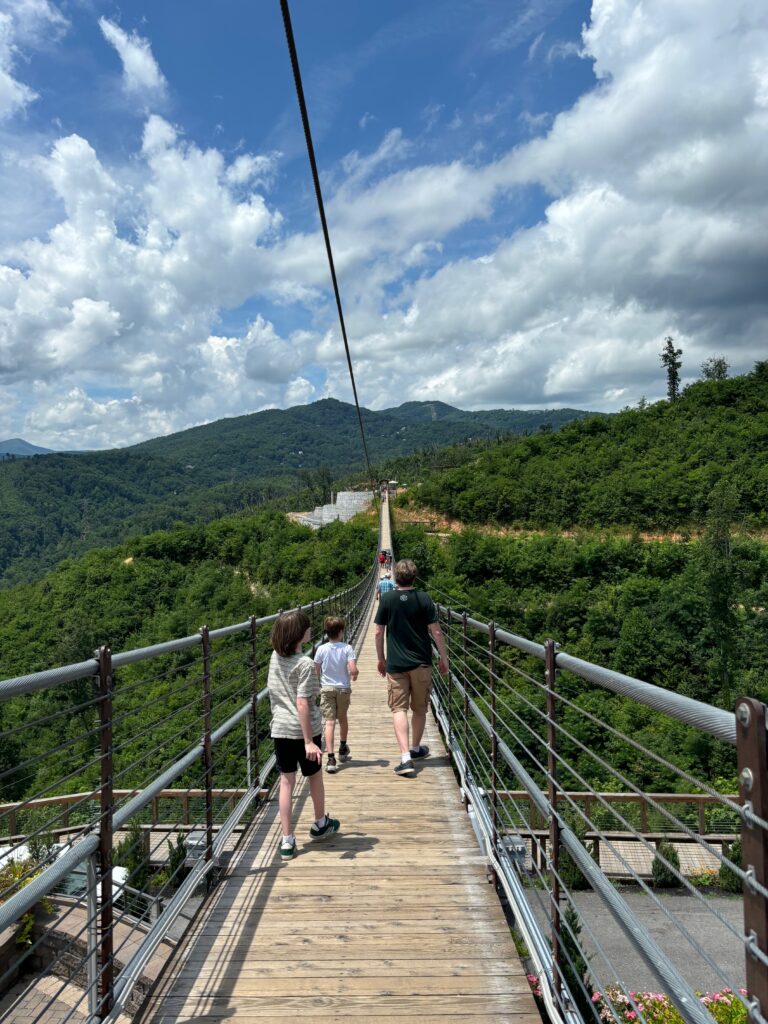From expressing the wonder of natural processes to using that knowledge in practical ways, I communicate to educate, inspire, and empower people to imagine and build a more sustainable world. I tell stories to help us learn to be kinder to our families, communities, and everything that lives in the world around us.

Science Communication
My science communication builds knowledge of and wonder for our natural world and appreciation for the scientists who seek to understand it. By illuminating areas of science that seem impossible to understand, I want to help science belong to everyone. Scientific discovery can provide important knowledge to make personal decisions and change societal systems. Learn more about my science communciation and how to work with me.
Climate Action
Parents often get interested in climate action after their children are born. While they could be an important force for change, they often don’t have the time or energy to get involved. I am committed to making climate action more accessible to youth and families. Whether biking for transportation or finding ways to lift their voice in protest, I create resources to help people of all ages get involved in climate justice. Learn more about these resources and collaborating with me.


Conscious Parenting
My parenting writing helps support families being more environmentally and socially sustainable through advice, resources, and encouragement based on solid social science and expertise. I also share my personal stories of raising my kids, with all of the challenges and joy involved. Read my essays about parenting. My environmental parenting book, Growing Sustainable Together: Practical Resources for Raising Kind, Engaged, Resilient Children, focuses on using environmental activities to raise good world citizens.